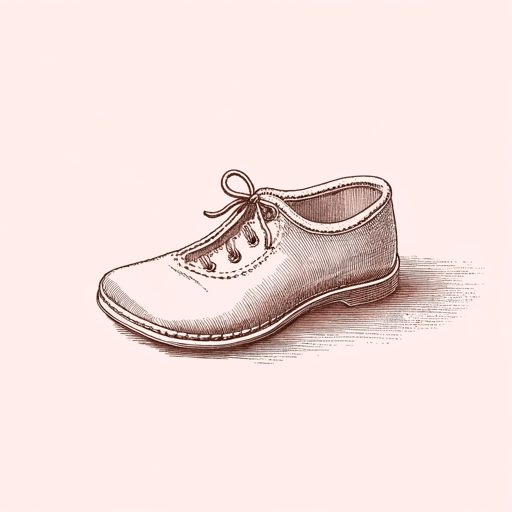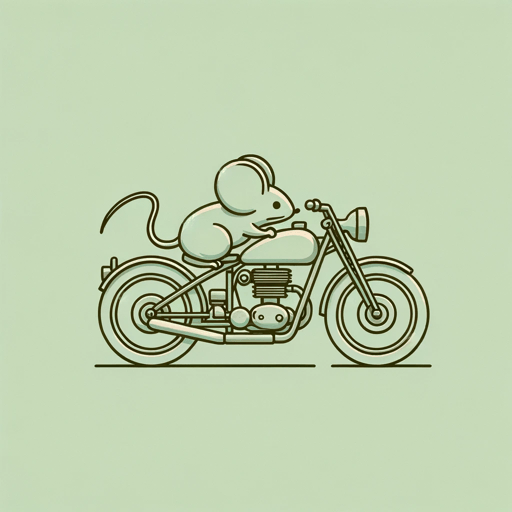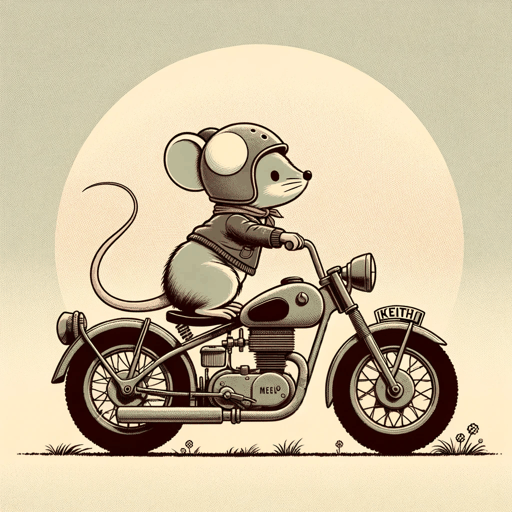39 pages • 1 hour read
Beverly ClearyBeezus and Ramona
Fiction | Novel | Middle Grade | Published in 1955A modern alternative to SparkNotes and CliffsNotes, SuperSummary offers high-quality Study Guides with detailed chapter summaries and analysis of major themes, characters, and more.
Symbols & Motifs
Language and Sounds
From the onomatopoeia of Klickitat Street to alliterative names like Henry Huggins, Beverly Cleary infuses her text with sounds—sometimes melodious and appealing, sometimes discordant and clangorous. Cleary captures children’s experiences in the development of language. Before kids master spoken language, they build muscle memory and learn morphology by trying out phonemes. This can sound like gibberish to adults, but it is a necessary developmental step in language acquisition. Cleary exemplifies this in the way she explores Ramona’s use of her voice. She enjoys making sounds and creatively naming her dolls and toys: “Ramona thought Bendix was the most beautiful name in the world” (5). Cleary recreates the way children experiment and learn to use language as a crucial step in their journey of becoming literate. Although Ramona cannot read her favorite book, she enjoys listening while Beezus reads and mimics the sounds made by Scoopy the steam shovel: “‘G-r-r-r,’ said Scoopy, doing his best to sound like a bulldozer” (7). Beezus laments Ramona’s choice of books, but her sister chose the ones with the most interesting and powerful sounds.
Ramona is boisterous and sometimes makes noise just to annoy those around her: “Ramona, who was riding her tricycle around the house, singing, ‘Copycat, cappycot, copycat, cappycot,' over and over at the top of her voice, because she liked the sound of the words” (117).
Related Titles
By Beverly Cleary

Dear Mr. Henshaw
Beverly Cleary

Henry and the Paper Route
Beverly Cleary

Henry Huggins
Beverly Cleary, Illustr. Tracy Dockray

Ralph S. Mouse
Beverly Cleary

Ramona
Beverly Cleary

Ramona and Her Mother
Beverly Cleary

Ramona Quimby Age 8
Beverly Cleary

Ramona the Brave
Beverly Cleary

Ramona the Pest
Beverly Cleary

Runaway Ralph
Beverly Cleary

The Mouse and the Motorcycle
Beverly Cleary

